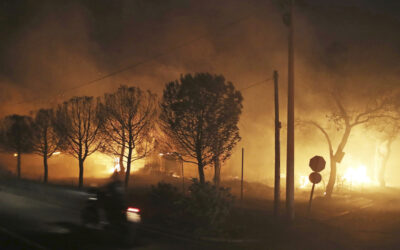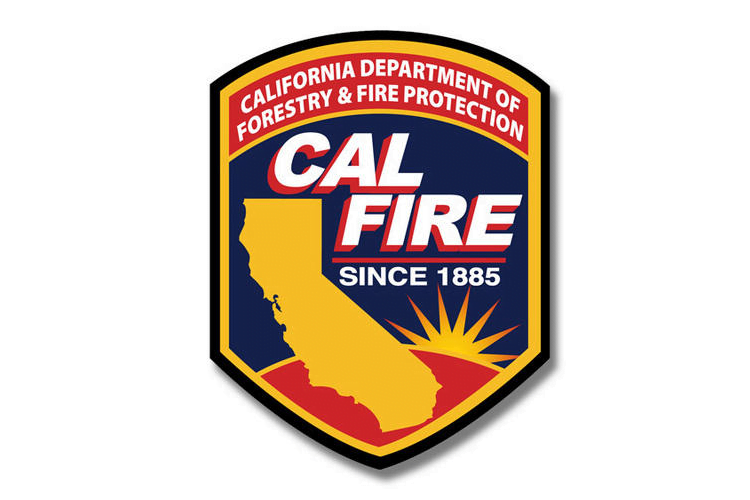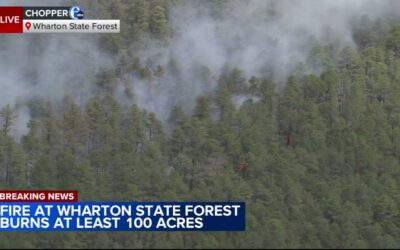Persistent drought and months of above-average temperatures have raised the risk of a repeat of last year’s record-breaking wildfires, prompting federal ministers to wave a red warning flag about the desperate need to address climate change.
“We can expect that the wildfire season will start sooner, end later and potentially be more explosive,” Emergency Preparedness Minister Harjit Sajjan told a news conference.
The Canadian wildfire season runs from May through October.
The 2023 fire season was Canada’s worst on record, burning more than 15 million hectares and forcing more than 230,000 people from their homes.
Smoke from Canadian wildfires poured into the U.S. East Coast and Midwest last June.
A briefing document forecasting the fire risk for the spring shows conditions are already ripe this year for an early and above-normal fire risk from Quebec all the way to British Columbia in both April and May.
The forecast is based on having had a warmer than normal winter with minimal snow and widespread drought, particularly in the Canadian Prairies. There is also a high probability for above normal temperatures in April, May and June.
Human activity is typically the main fire risk factor in the spring, said Michael Norton, the director general of the Northern Forestry Centre at Natural Resources Canada.
That can include careless burning, campfires, fireworks and the heat from off-road vehicles igniting grass or other debris on the ground. Lightning becomes a primary source of wildfires during the summer.
Sajjan said Canada has been working for months to prepare for the upcoming season, and promised additional funding for firefighting equipment and training.




